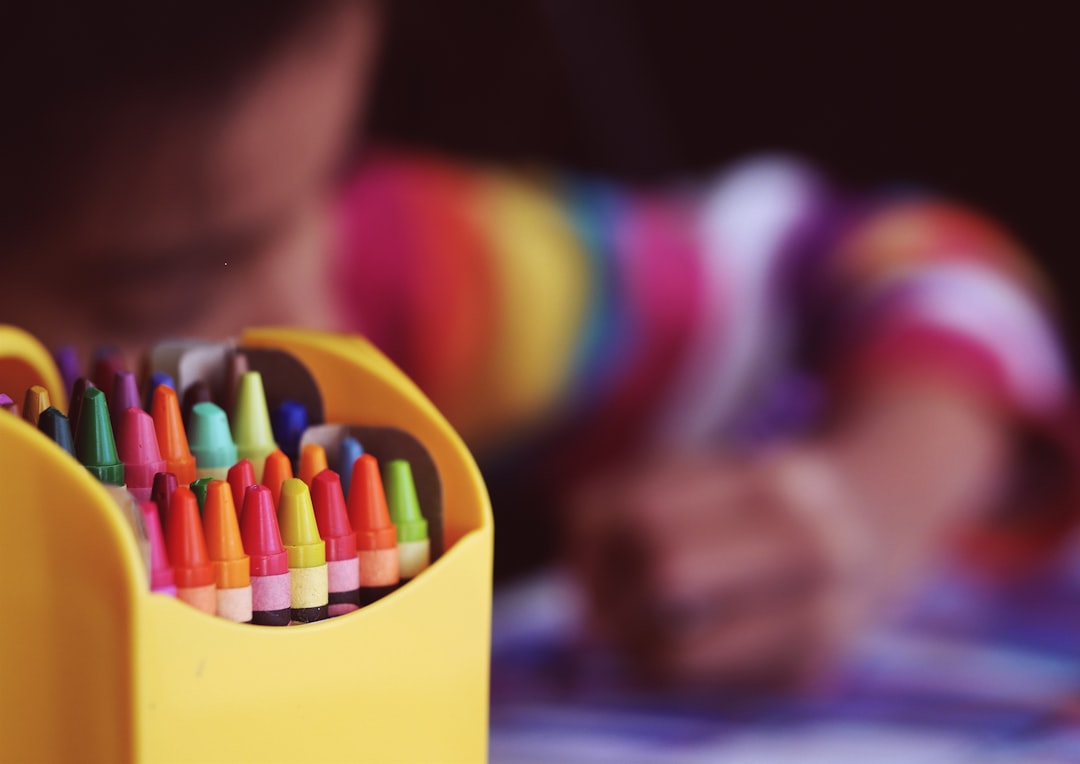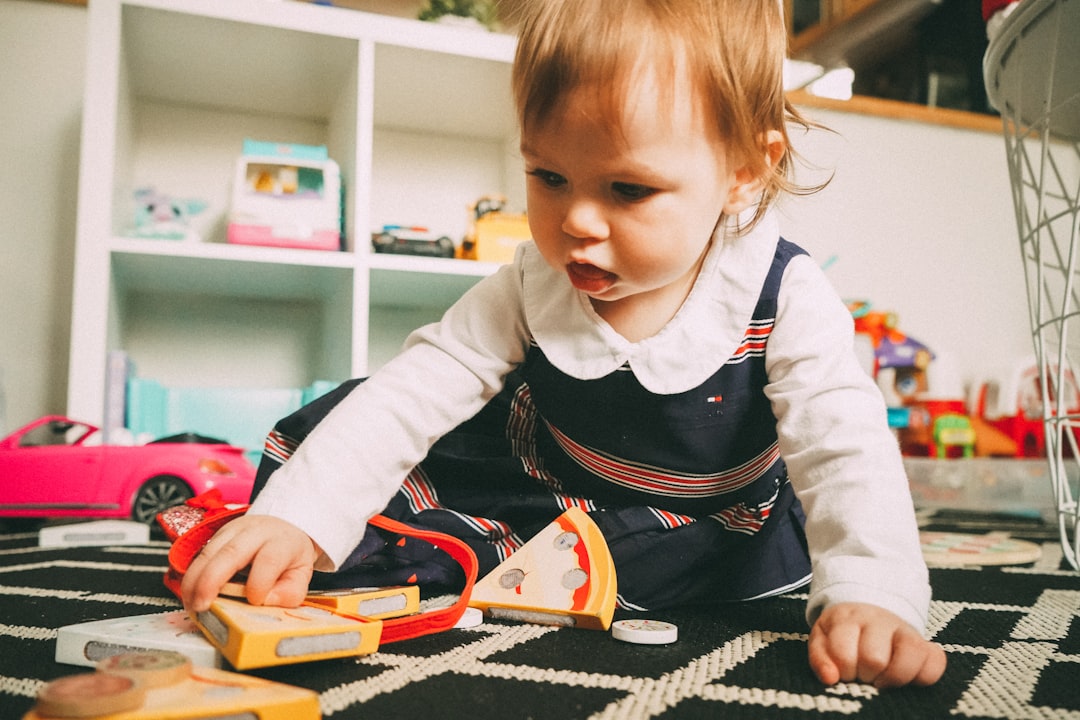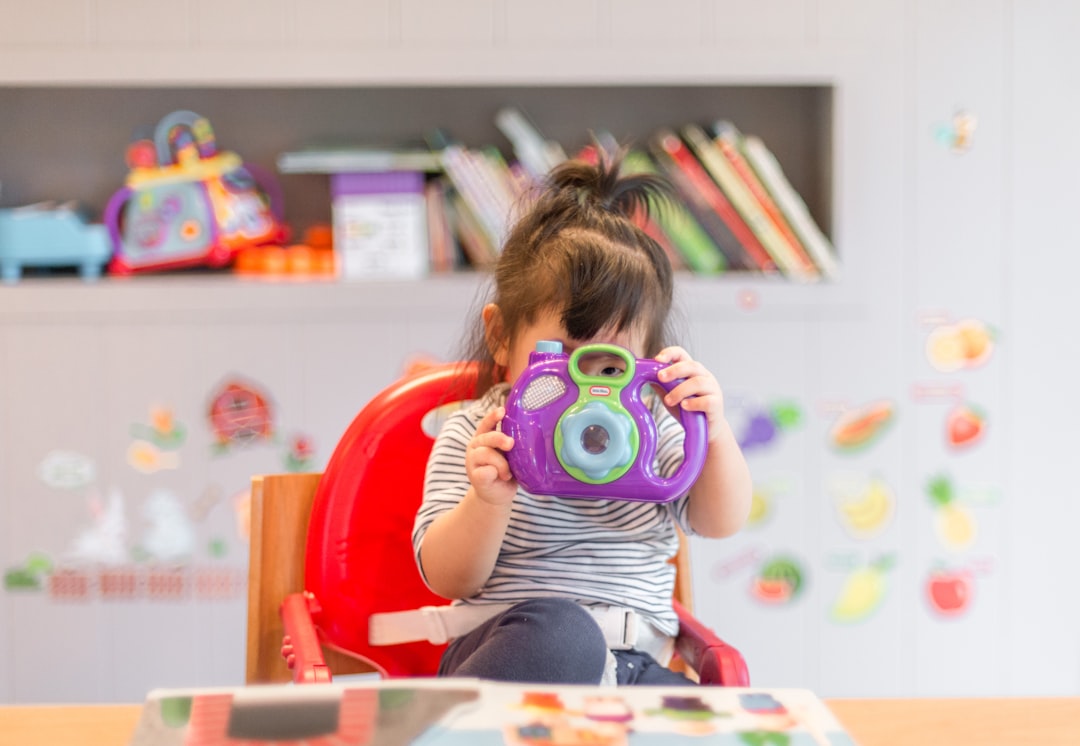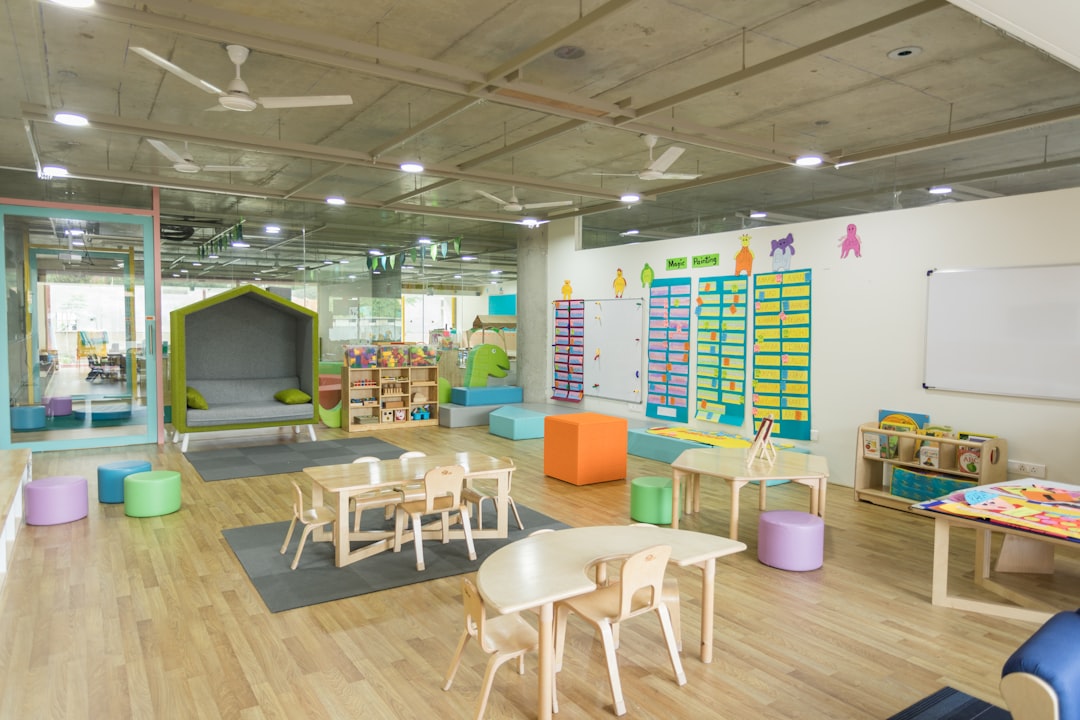Daycare workers in Seattle employ de-escalation techniques to prevent potential abuse and create safe environments for children. By recognizing distress through physical and verbal cues, using calm language, and maintaining non-threatening proximity, caregivers can diffuse tense situations. Consistent practice of these skills, with guidance from a reputable daycare abuse law firm in Seattle, WA, ensures staff effectiveness in managing challenging behaviors, reducing stress, and fostering emotional well-being for the children in their care. Effective communication and structured environments that promote respect and understanding are key to preventing abuse and nurturing healthy development.
In the dynamic yet demanding environment of Seattle daycare centers, understanding de-escalation techniques is paramount to preventing potential abuse and fostering a safe haven for children. This article equips caregivers with essential tools to recognize stress and aggression in both children and staff, employing effective communication strategies to defuse tense situations. From creating calm spaces to implementing practical tips tailored to Seattle’s unique context, discover how daycares can proactively ensure the well-being of their charges, backed by expert insights from a leading daycare abuse law firm in Seattle, WA.
Understanding De-escalation: A Key Tool in Preventing Daycare Abuse
De-escalation is a critical skill for Seattle daycare workers, serving as a powerful tool to prevent potential daycare abuse and foster a safe environment for children. Understanding de-escalation techniques allows caregivers to recognize and diffuse tense situations, promoting emotional well-being among young minds. By learning these methods, daycare staff can effectively manage challenging behaviors, reduce stress, and create a calm atmosphere.
This process involves recognizing signs of distress in both children and themselves, using calming language, and employing non-threatening physical proximity. A Seattle daycare abuse law firm emphasizes the importance of de-escalation training to protect children and prevent abusive situations from escalating. Through consistent practice, daycare workers can become adept at responding to crises, ensuring the security and happiness of the children in their care.
Recognizing Stress and Aggression in Children and Staff
In the dynamic environment of a Seattle daycare, recognizing stress and aggression is an essential skill for workers to master. Children, especially those in nurturing settings, may exhibit signs of distress through physical or verbal cues. From excessive crying to sudden outbursts, these indicators could signal underlying issues. Daycare workers must be vigilant in observing not just children’s behaviors but also their own. Stress and fatigue among staff members can impact their ability to handle challenging situations effectively.
The Seattle daycare abuse law firm highlights the critical need for early identification of potential problems. By being attuned to both child and adult emotional states, caregivers can create a safer, more supportive atmosphere. This proactive approach not only prevents escalated incidents but also fosters a healthy development environment where every child feels valued and secure.
Effective Communication Strategies for Calming Situations
In stressful situations, effective communication is key to de-escalating tensions and fostering a safe environment for children in Seattle daycare centers. Daycare workers should practice active listening by giving their full attention to the child or parent expressing concerns. This involves paraphrasing their feelings and thoughts back to them, demonstrating understanding and empathy. For instance, saying, “I hear you’re upset about the change in routine, and that’s okay,” can help diffuse anger or anxiety.
Additionally, using calm, soothing language and maintaining a respectful tone can significantly impact the outcome of challenging interactions. Daycare workers should avoid escalating the situation by raising their voices or using aggressive language. Instead, they can employ simple yet powerful communication tools like offering choices (e.g., “Would you like to read a book now or take a quiet break?”) to empower children and give them a sense of control. This approach aligns with the best interests of the child, as advocated by reputable Seattle daycare abuse law firms, ensuring a peaceful resolution to potential conflicts.
Creating a Safe Environment: Practical Tips for Seattle Daycare Workers
Creating a safe and nurturing environment is paramount for Seattle daycare workers, especially when de-escalating potentially volatile situations with children. This involves cultivating a space where each child feels valued, respected, and understood. Practical tips include maintaining open lines of communication, using calm and soothing language, and employing positive reinforcement techniques to encourage desired behaviors. A well-structured routine, clear boundaries, and consistent rules also contribute to a secure atmosphere, helping to prevent potential daycare abuse cases that may arise from uncertainty or chaos.
Daycare workers in Seattle WA should consider their physical layout as well. Designing play areas that offer multiple choices for children to engage in various activities can divert attention from stressful situations. Additionally, ensuring adequate space for children to move around freely and express themselves physically allows for better emotional regulation. Foster a culture of empathy and kindness among the children by modeling these behaviors yourself, creating a supportive community where everyone feels safe and respected. This proactive approach not only minimizes the risk of daycare abuse but also promotes positive social interactions.






